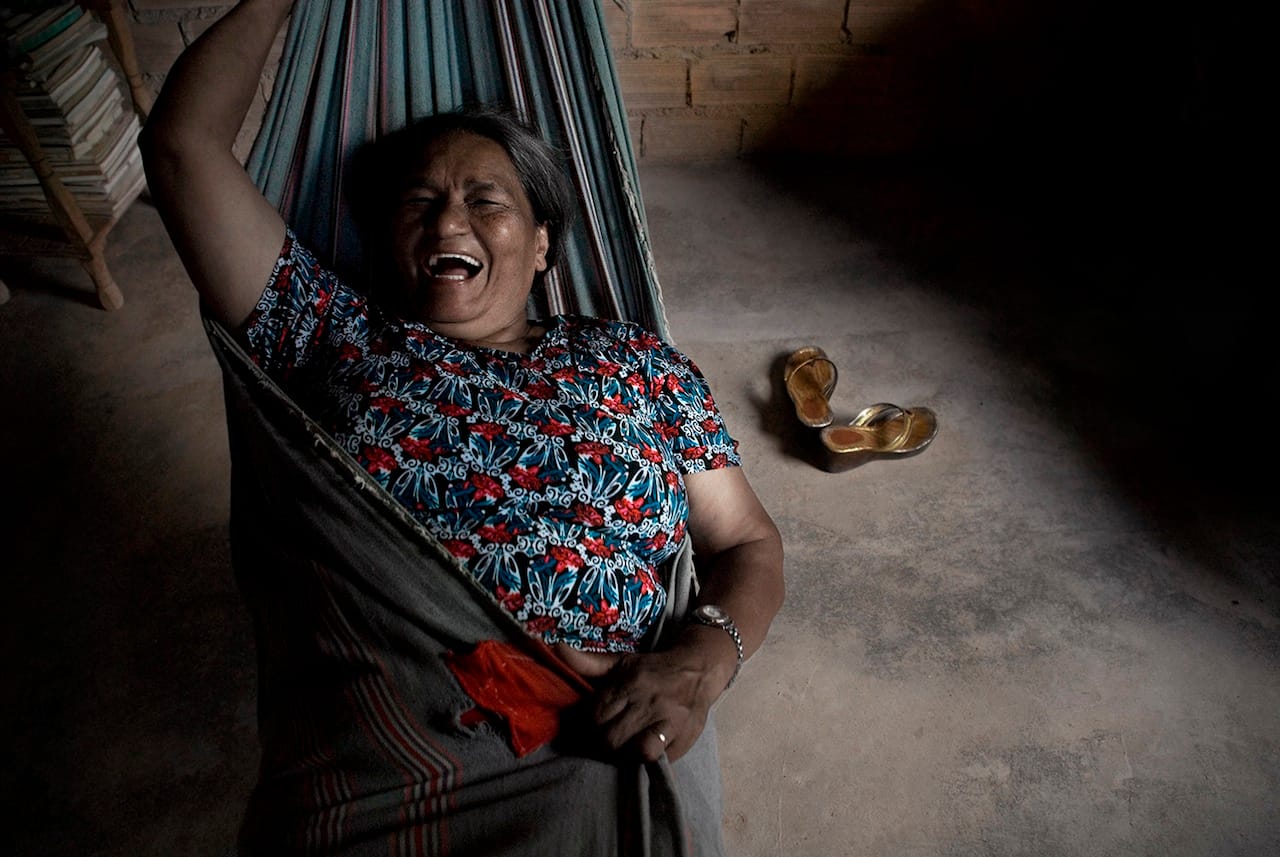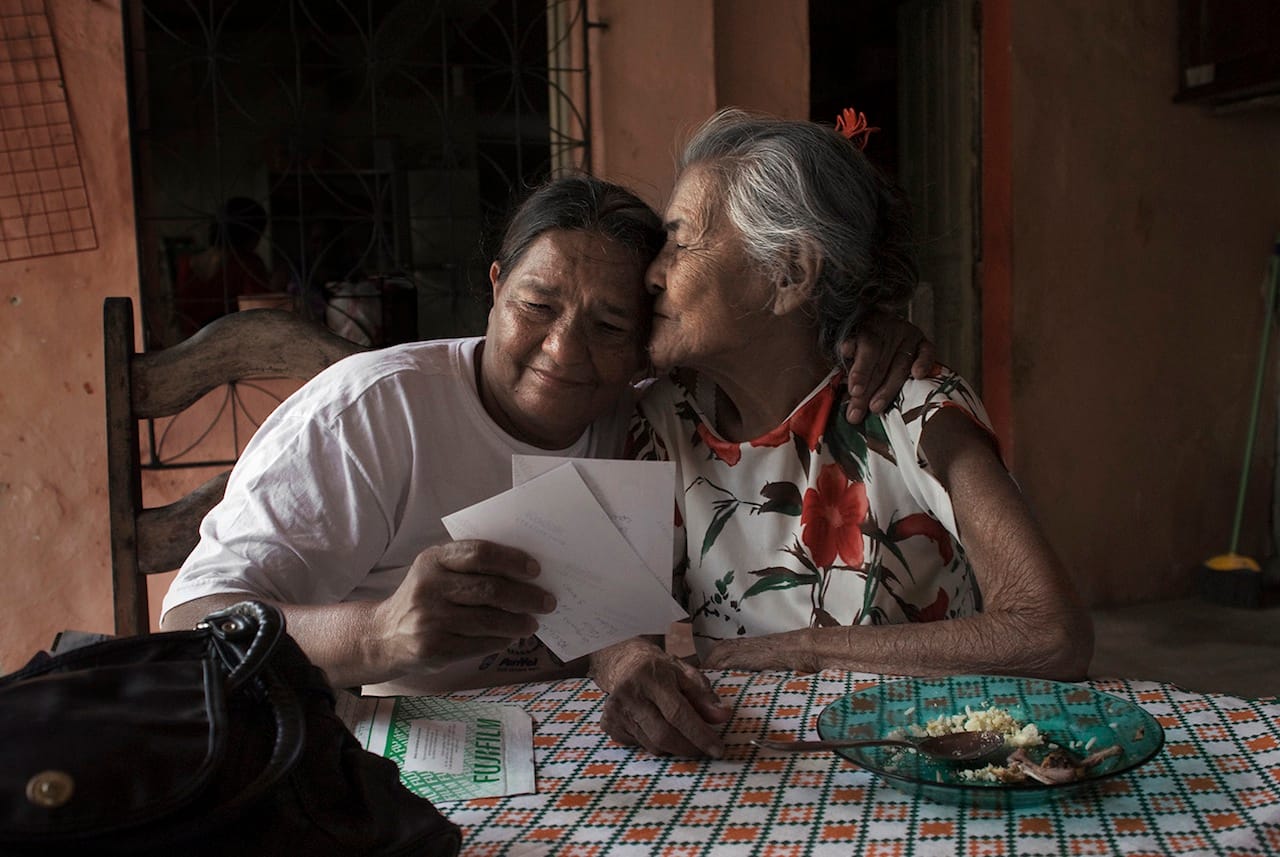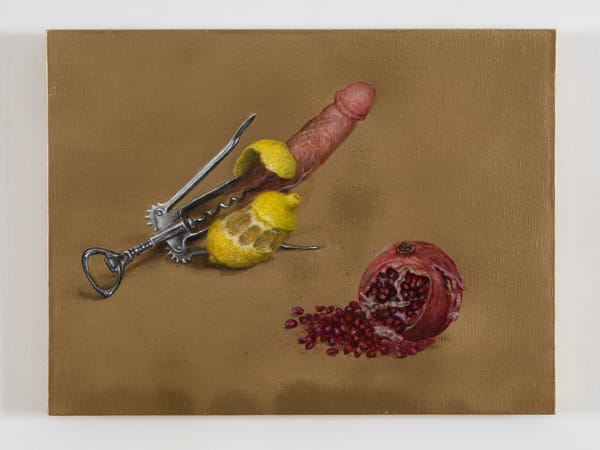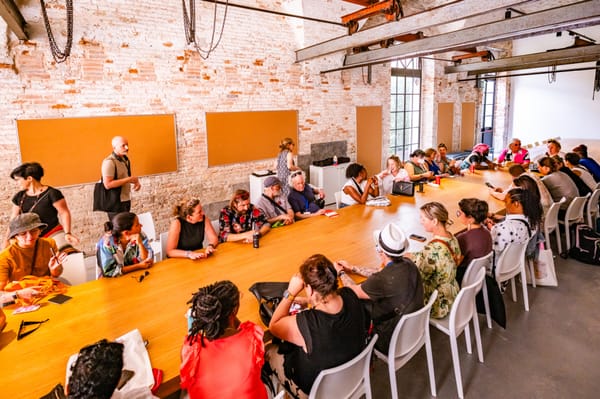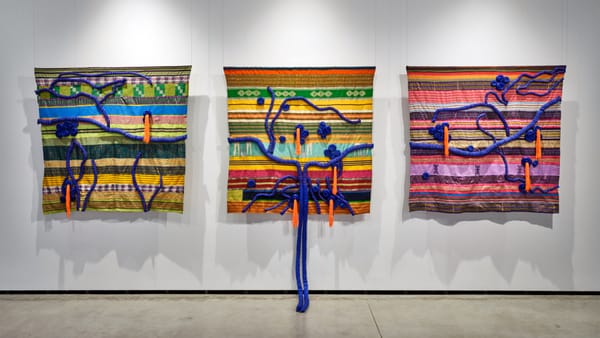A Brazilian Nanny's Journey North to Find Her Family
It’s never easy leaving home, but for many northern Brazilians who seek work in the country’s wealthier south, doing so can mean never seeing their loved ones again.
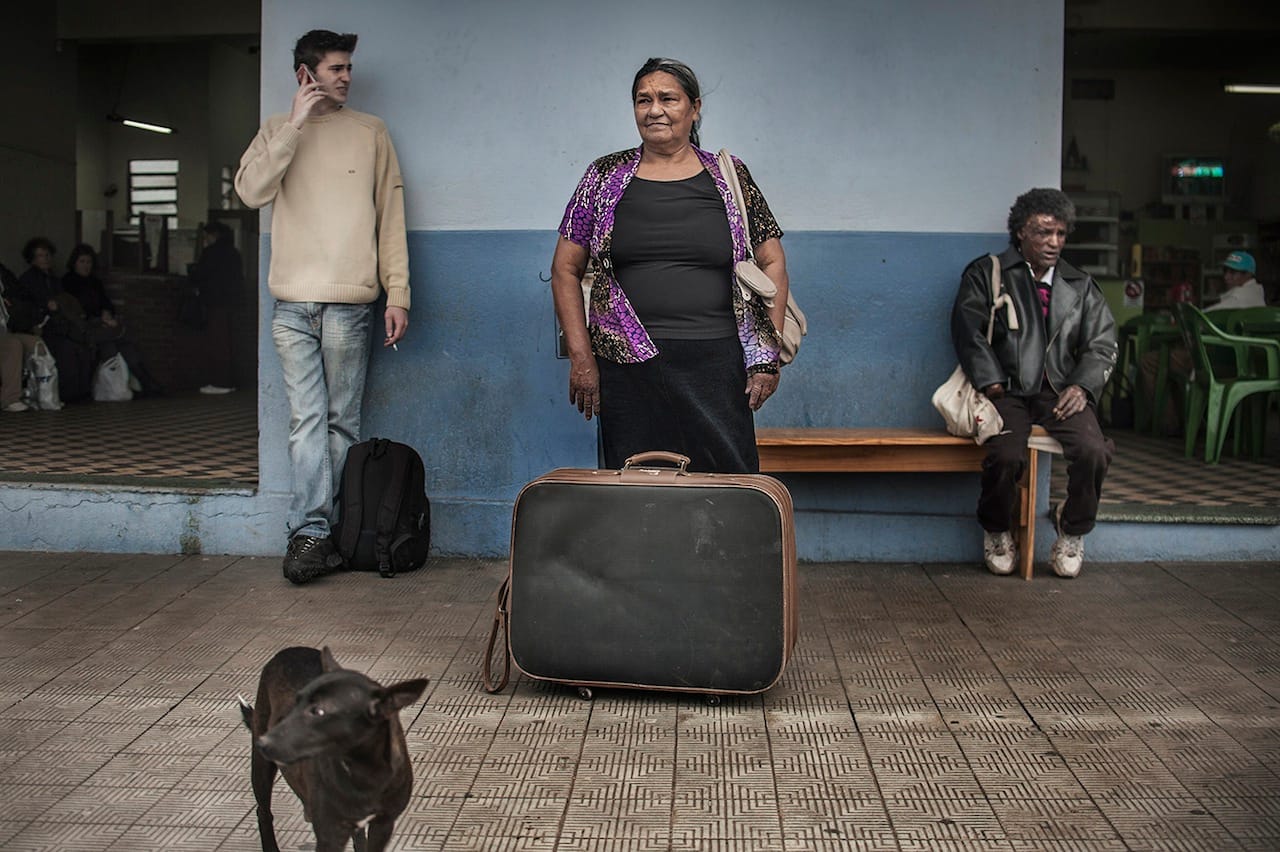
It’s never easy leaving home, but for many northern Brazilians who seek work in the country’s wealthier south, doing so can mean never seeing their loved ones again.
Tiago Coelho’s Dona Ana series tells the heartbreaking story of one woman who was separated from her family for more than 40 years. Ana left her parents in Pará state in 1970, when she was 17 years old, to seek a better life. Since she couldn’t then read or write, and phoning was too expensive, they eventually lost touch completely.
In 1993, when Coelho was very young, Ana arrived at his house in Rio Grande do Sul to work as his nanny. She became like a second mother to him, and when he began studying photography, she often posed for portraits. But Ana sometimes wondered about what had happened to her real family back home. So in 2010, she decided to travel back north and enlisted Coelho’s help.
“Ana asked me to take a picture of the family she had built in southern Brazil, because she wanted to show her relatives in the north in case she found them,” he told Hyperallergic. “While I was taking the picture, I felt the emotion, and I decided that I would go help her find them.”
Coelho documented the nearly 2,500-mile journey from his small hometown of Santo Antônio da Patrulha to the even tinier village of Japinha, where Ana grew up. The images show her trajectory from hanging laundry and watering plants in his parents’ house to waiting at the bus station with her suitcase and finally walking up the muddy road to her old home. There’s a palpable momentousness throughout, with Ana’s expressive face furrowing into many shades of excitement and apprehension.
Coelho remembers the exact moment they realized the trip wasn’t in vain. They were on a bus near Japinha, and a woman approached to ask if Ana’s name was Adelina — her sister. She was stunned to learn who Ana was. “Since Japinha is so small, with about 700 inhabitants, she had become a myth for being away since she was young,” Coelho said. “Forty years without any news, and everyone thought she was dead.”
Ana was reunited with her incredulous family, and though she returned to her job in southern Brazil, she now visits them every year. The trip restored a part of her life she thought had been lost, and it gave her a sense of wholeness and empowerment — so much so, that when she saw Coelho’s photographs compiled in book form, she felt compelled to add some context. “She complained that I hadn’t told the story well,” he remembered. “The book had too many blank pages, so she said she would write it herself.”
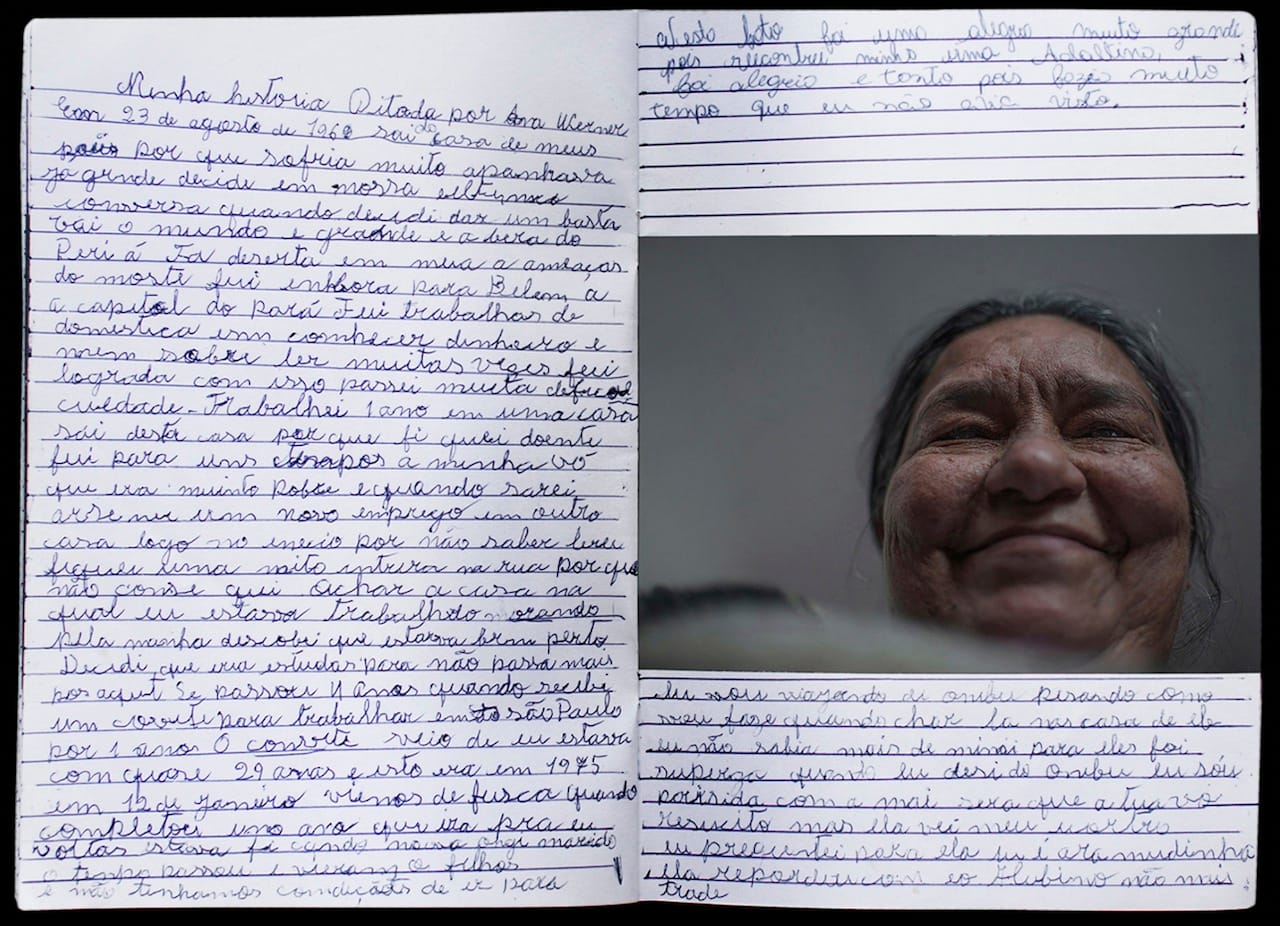
“When I was ten, we moved to a place called Pitoro. We worked on the field, which was, as always, far from home. Father made a living out of hunting and fishing. He enjoyed growing rice with us, beans, corn, cassava, and cotton. I enjoyed working. The woods were dense and there were monkeys, deer, lowland pacas, armadillos, agouties, snakes, and tortoises. We were two families. One day, there came a jaguar that followed us from our house to the field. It wouldn’t bite, just growl. There were many times when we had to run because it came closer to our fishing spot. I was ten. After that, there wasn’t much else. I played up till when I was twelve. On a summer’s day, a really dry summer, we ran out of water. We saw a crab hole in wet mud and started digging from eight in the morning till five in the afternoon for more water to spring. We didn’t have any water for washing. It was dreadful. It was God who ruled this place. We dug for three days, and the spot from where we drew water dried up.”
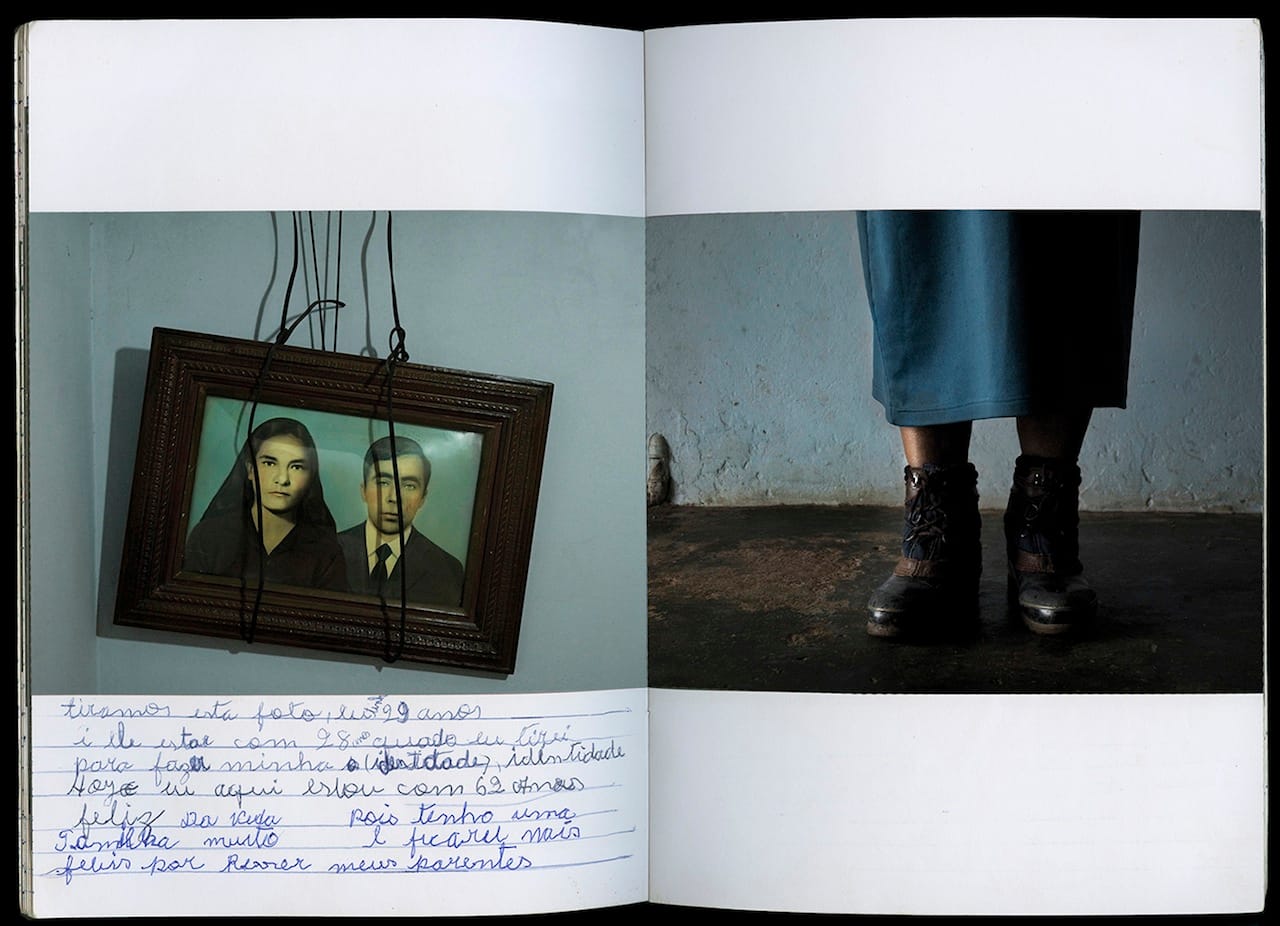
“On August 23, 1960, I left my parents’ house because I’d been suffering so much. I was a grown child and still got spanked, and I decided, during our talk, that I’d had enough. The world is big and the borders of Pará are deserted. They threatened to kill me and I left for Belem, the capital of Pará. I started working as a housemaid. I wasn’t familiar with money and couldn’t read, so I was duped many times … Four years later, I was invited to work in Sao Paulo for a year. This invitation came when I was almost 29, and that was in 1975, on January 12. We rode there on a VW Beetle.”
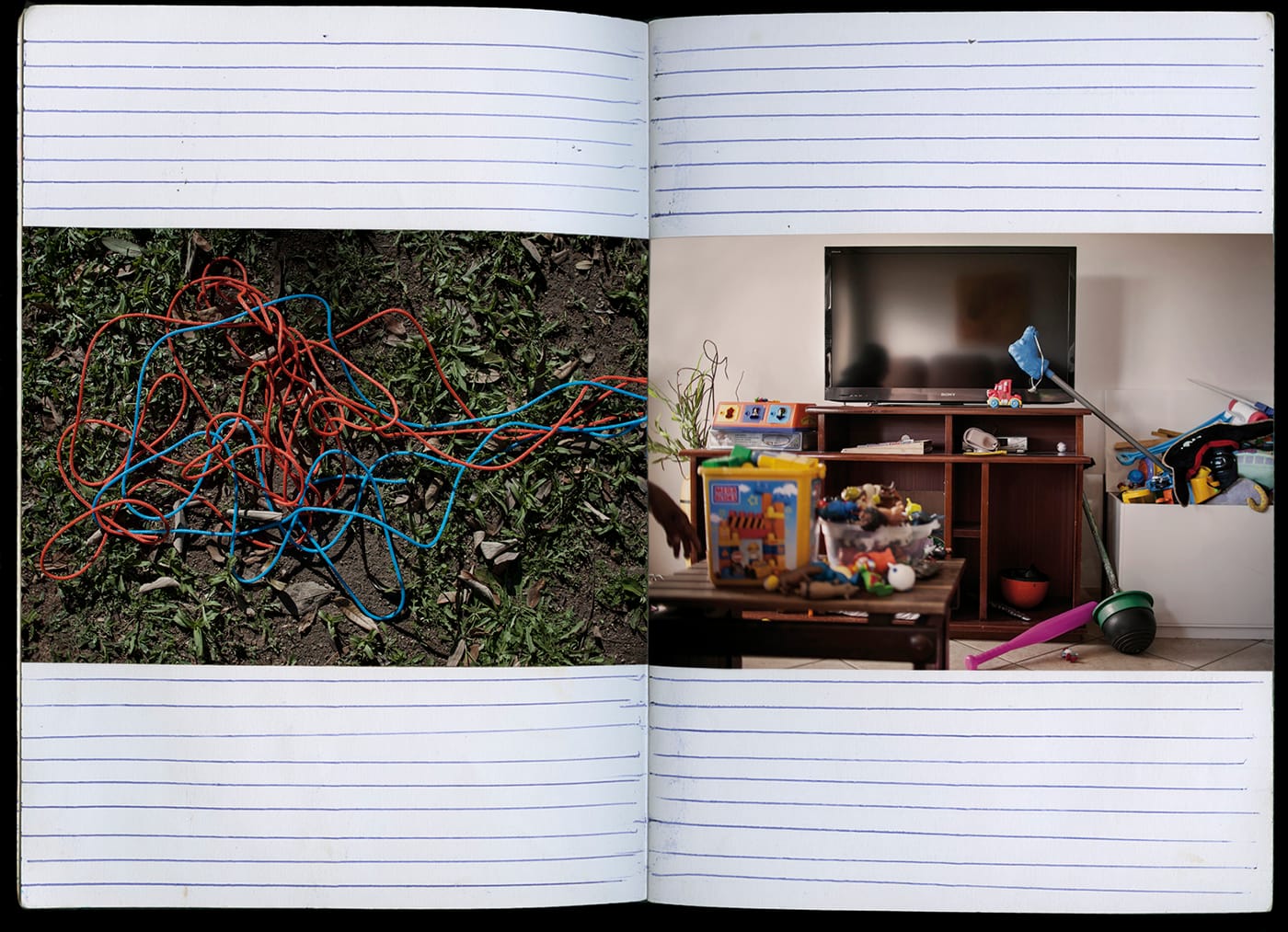
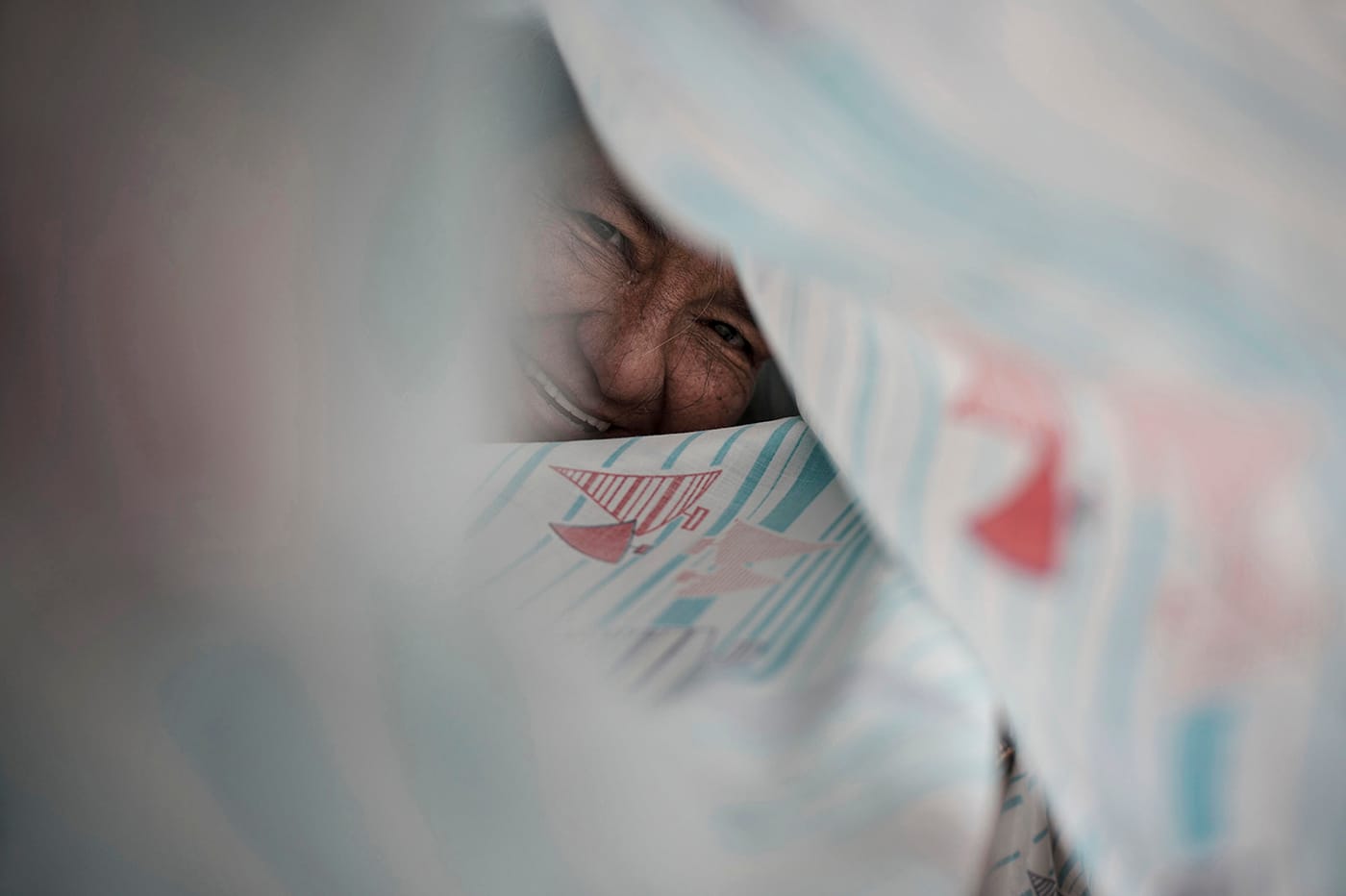
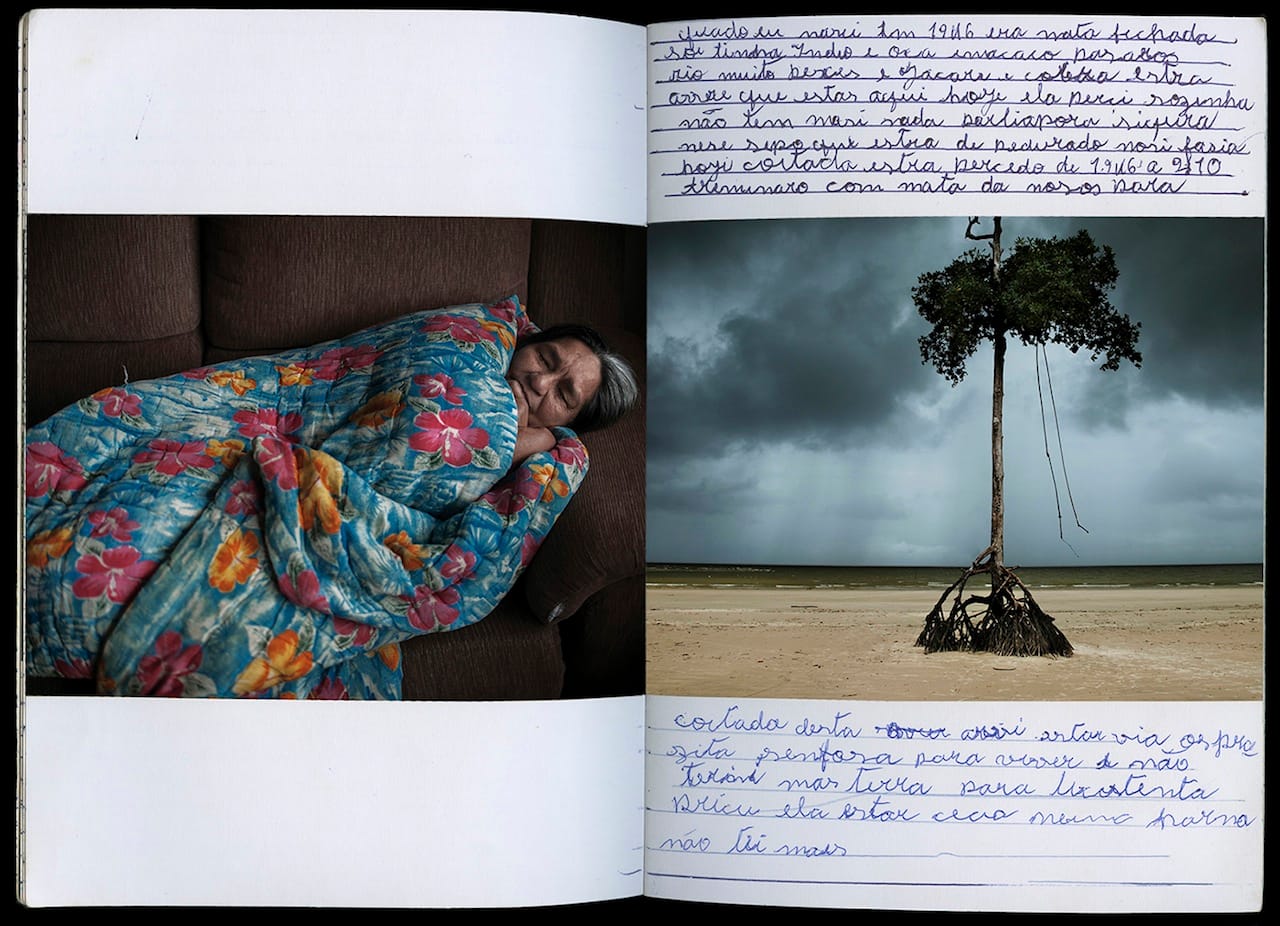
“When I was born in 1946, [Pará] was dense woodland. There were only Indians, jaguars, monkeys, birds, a river full of fish, crocodiles and snakes.”
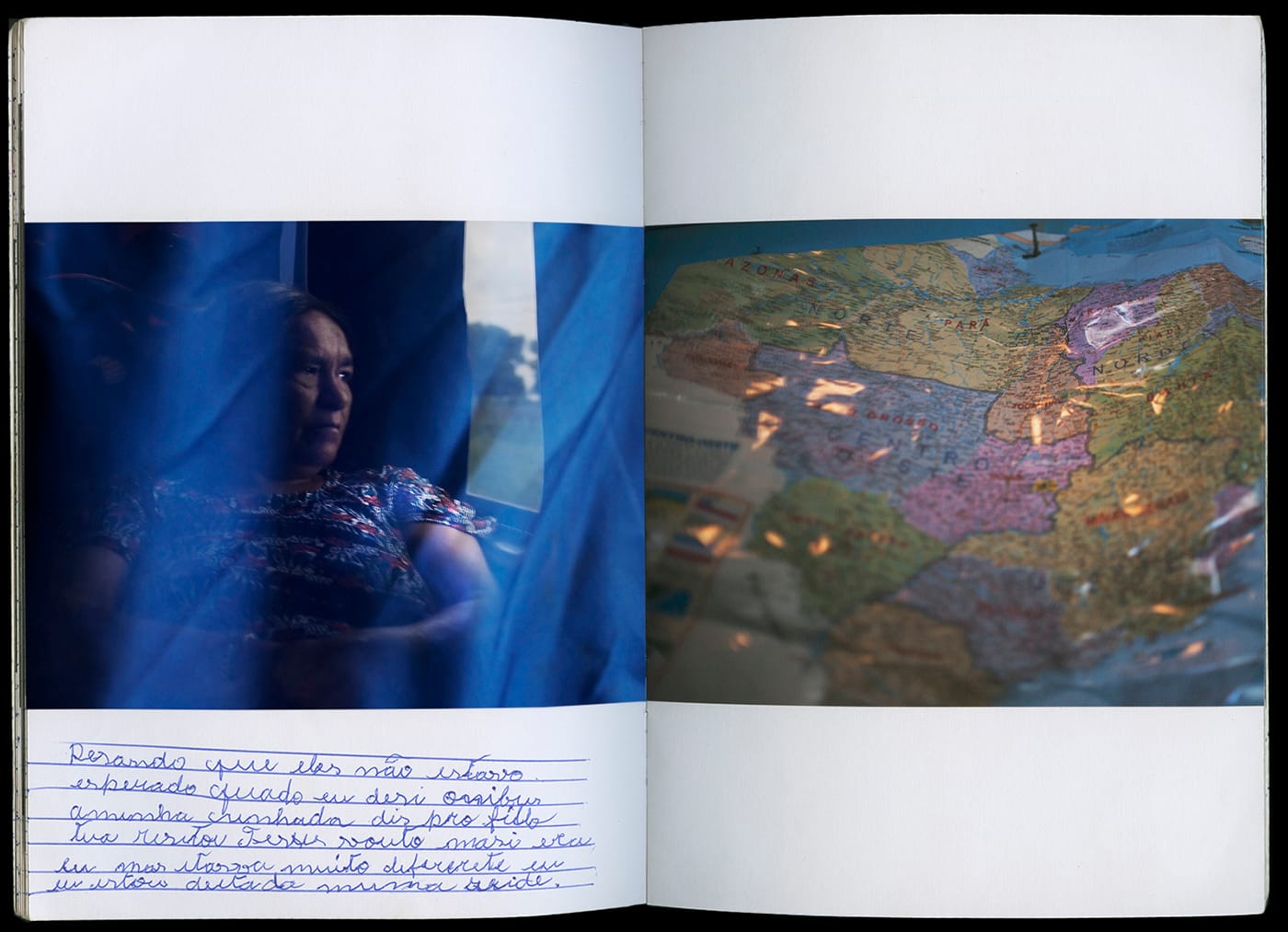
“When my sister-in-law saw me getting off the bus, she told her son that either his grandmother had resurrected or Jesus was coming.”
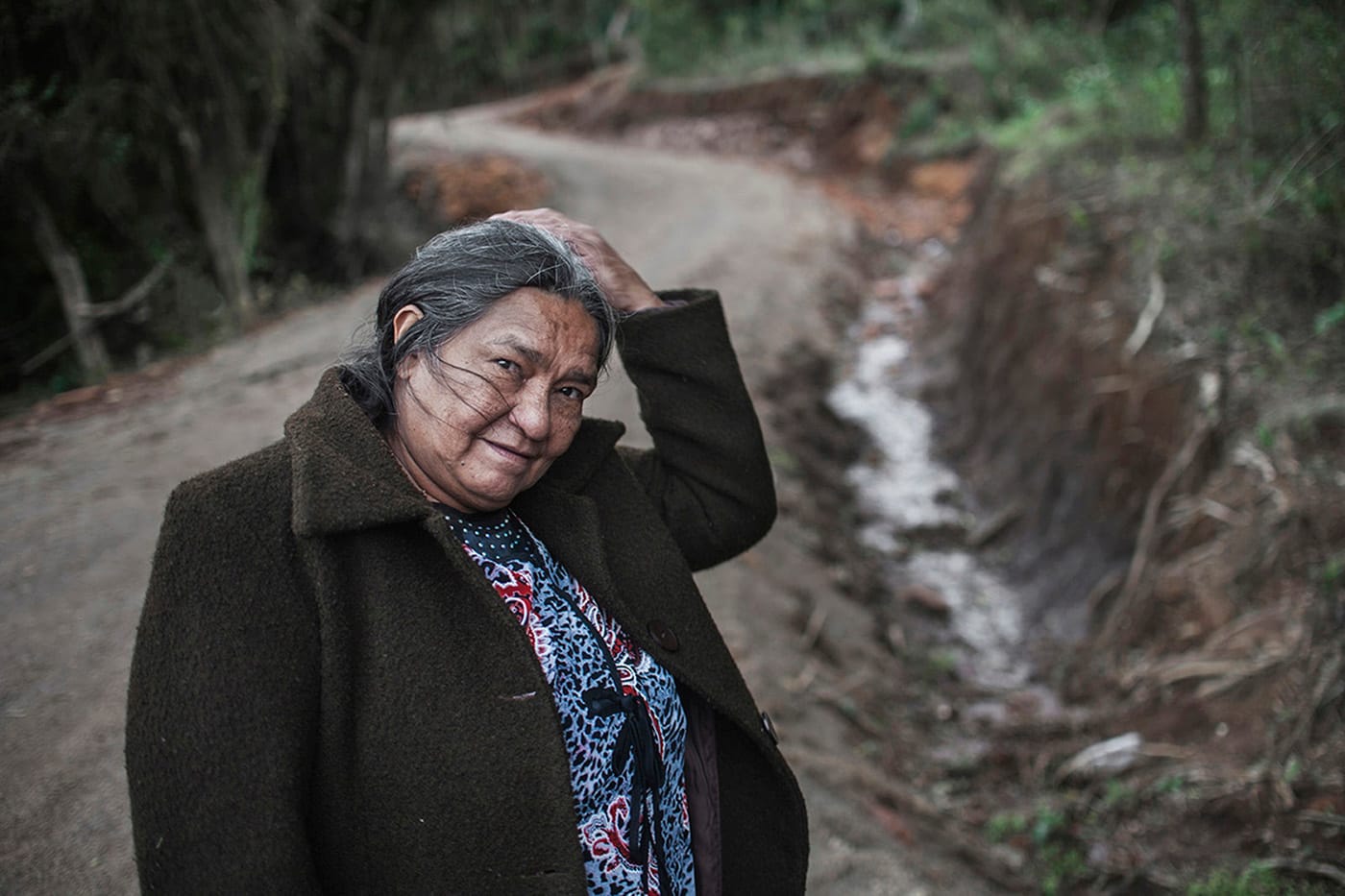
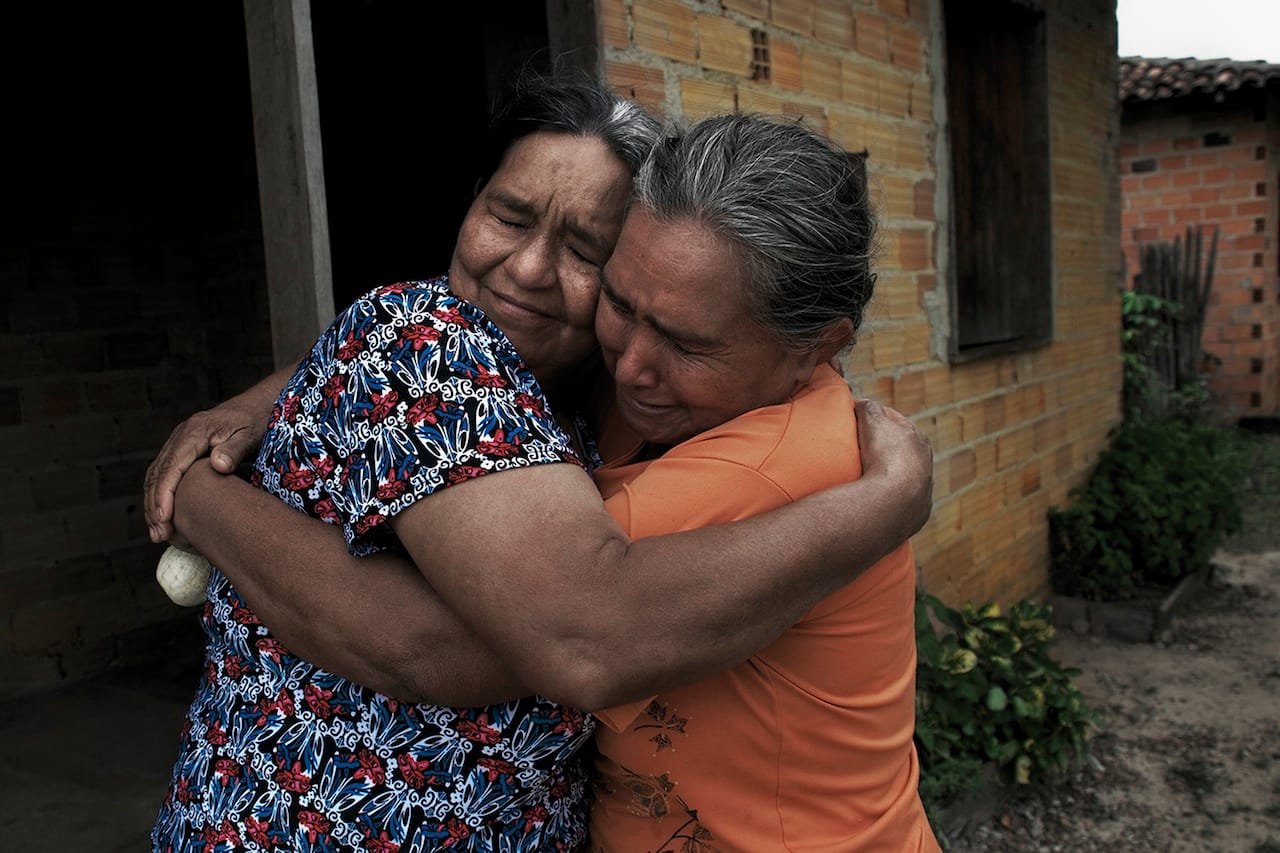
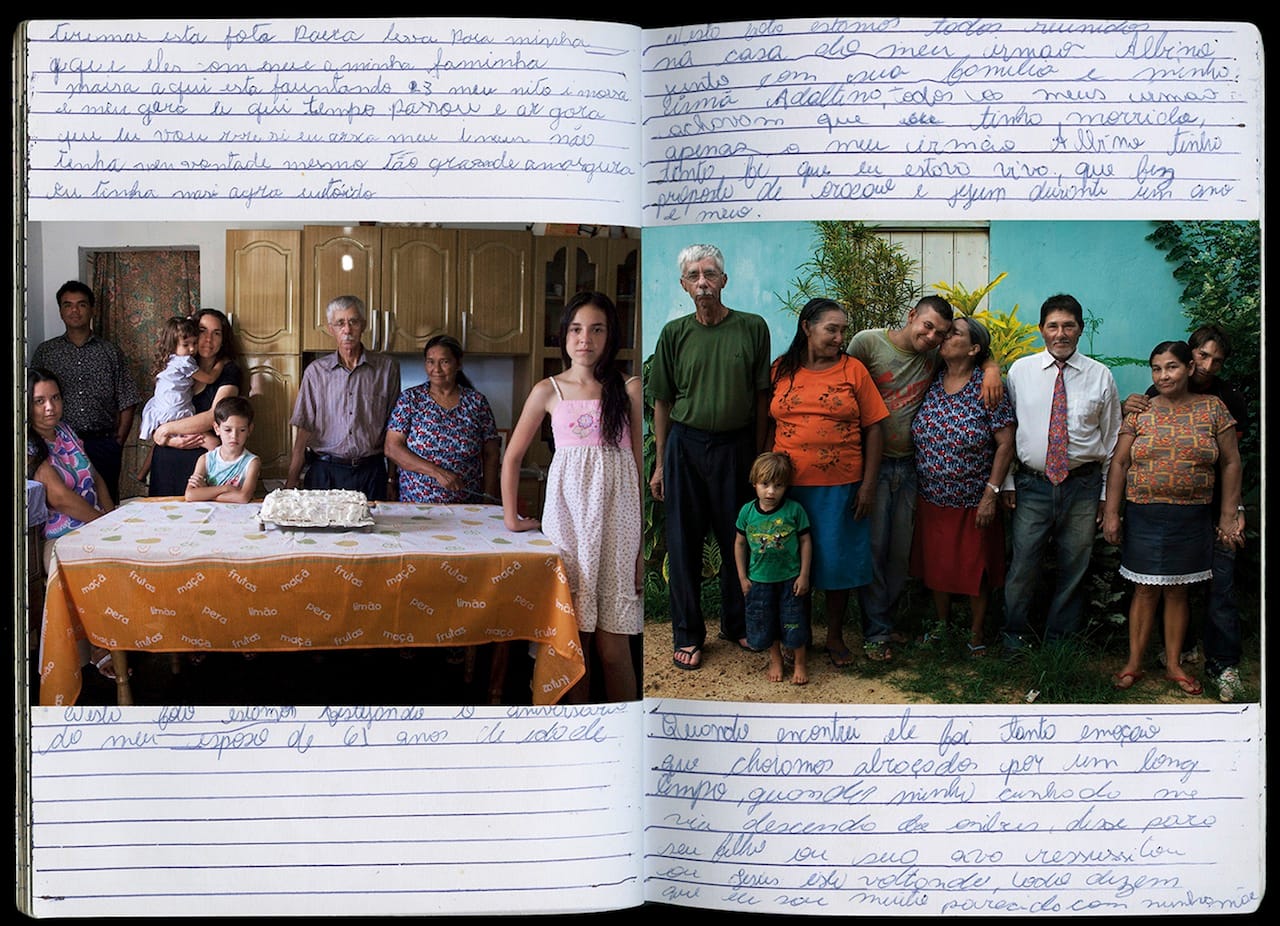
“My family thought I was dead because they knew nothing about me. But my youngest brother had so much faith that I was alive that he proposed prayers and fasting. When I met him, it was so emotional that we cried and held each other for a long time.”
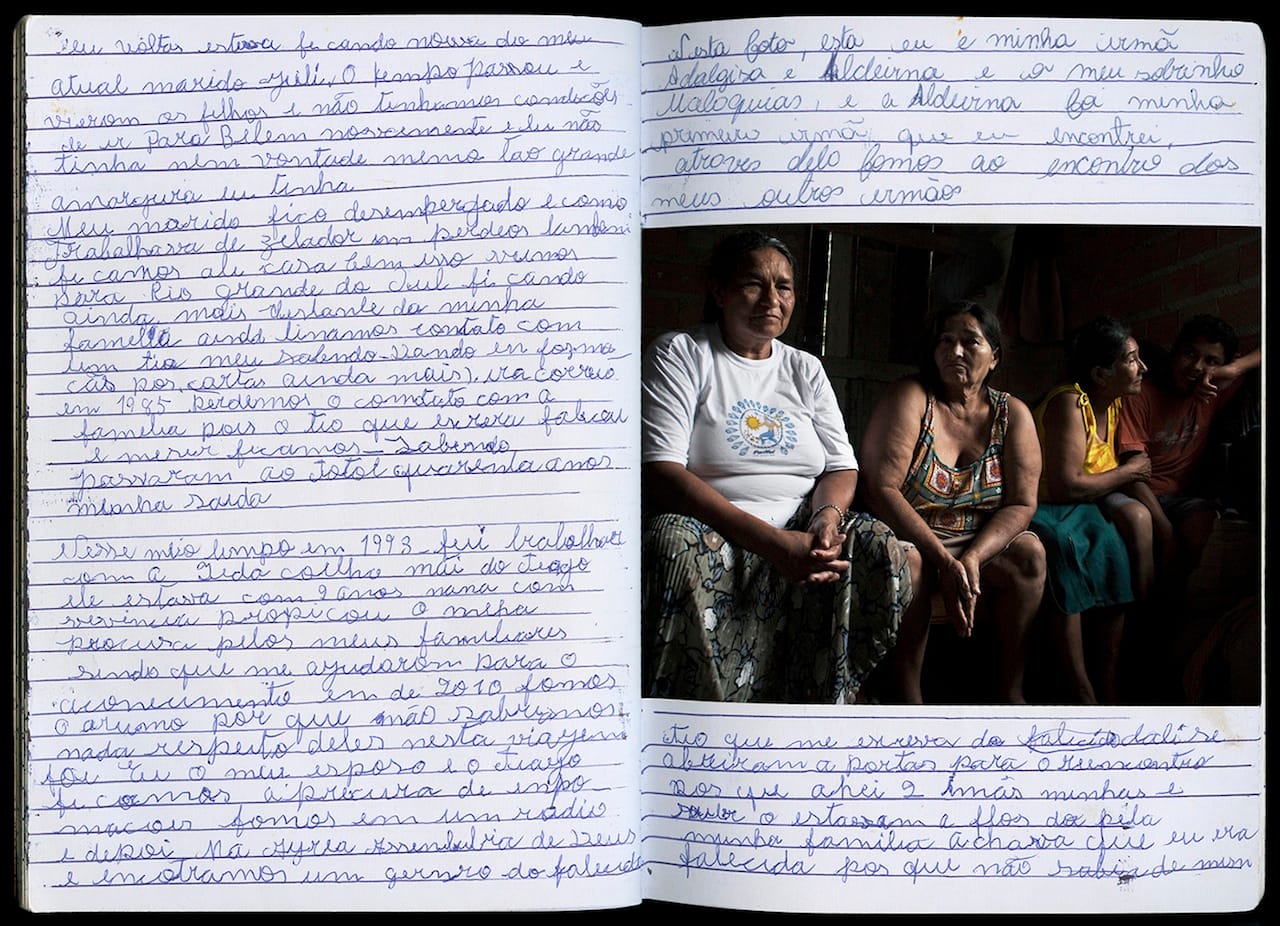
“… in 1993, I started working for Ieda Coelho, Tiago’s mother. He was nine. This household enabled me to better search for my relatives, since they helped to make it happen in 2010. We went aimlessly, for we knew nothing about them on this trip. It was me, my husband and Tiago. We went looking for information. We went to a radio station, and then to the Assemblies of God church where we found the name of a son-in-law of my dead uncle’s. From then on, the doors to the reunion were opened, for I found two sisters of mine, whose emotions ran high.”
